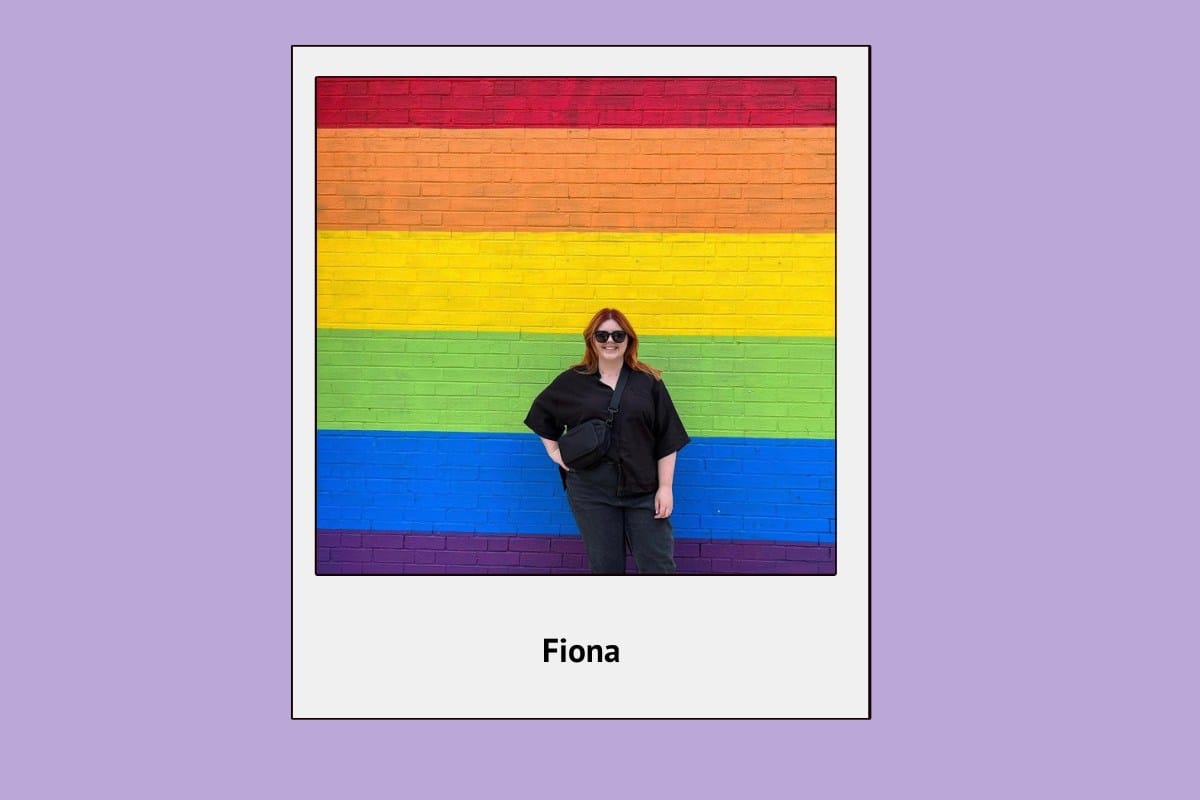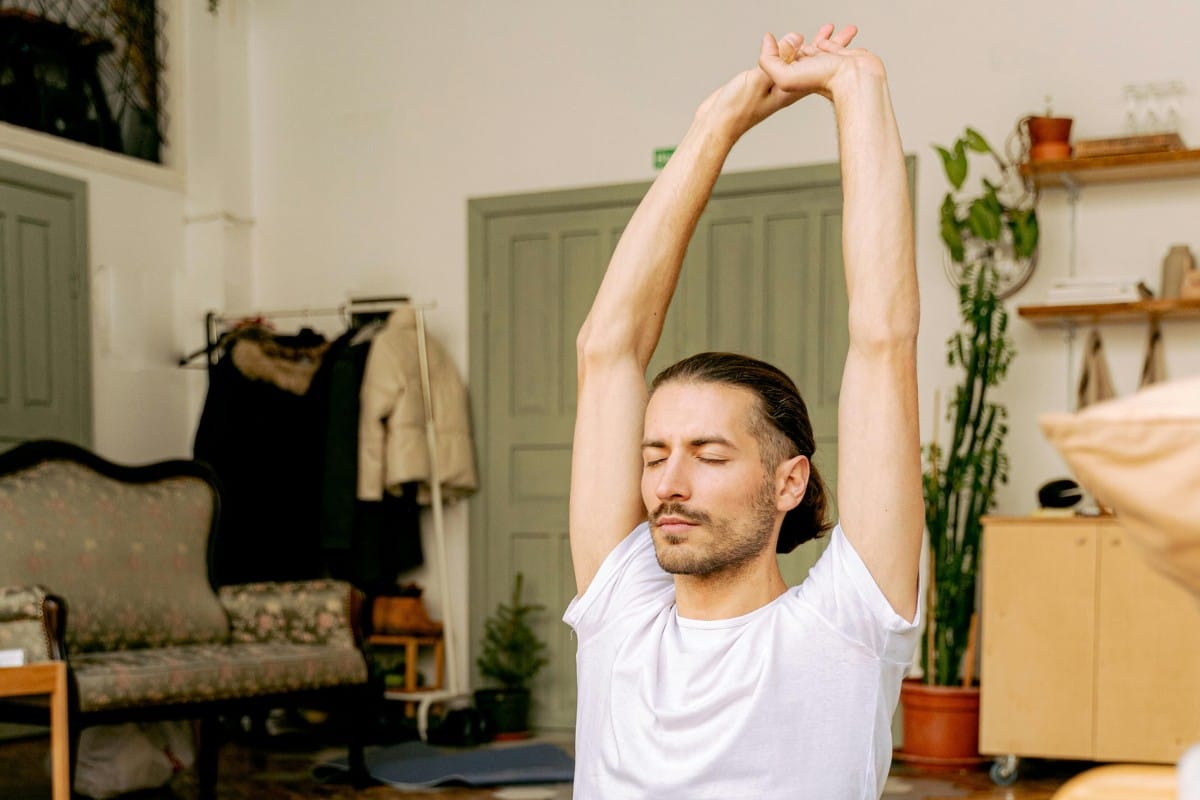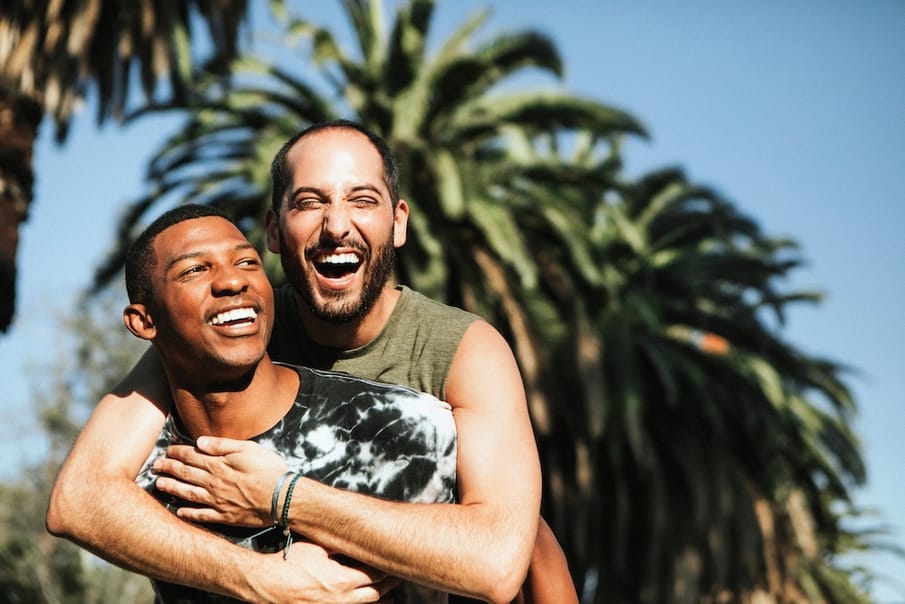Exploring the journey of ‘coming out’ and being true to your authentic self
In 2021, for the first time ever, the Office for National Statistics asked people in England and Wales about their sexual orientation and gender identity. The landmark census confirmed an upward trend in the number of Britons who identify as gay, lesbian, or bisexual. The census also found that there are 262,000 openly trans people in England and Wales.
Personally, I ticked the heterosexual box, and stuffed my queerness aside for a few more years. But, now I’m a fully out, late-bloomer, and I’m proud to see my community represented not just in historical records, but in mainstream culture, too.
At the age of 33, Elliot Page came out as trans. We’re watching the queerest Doctor Who line-up in history. Reality TV has become a platform for Chrishell Stause, star of Netflix’s Selling Sunset, to marry her non-binary partner. The message is clear: it’s never too late to be true to yourself.
Of course, it’s not always that simple. Trying to understand your sexuality and/or gender in adulthood can be complex and sometimes traumatic, but the benefits are worth discussing.
For example, a study published in the journal Pediatrics found that young transgender people who use their chosen name at work, school, and home, instead of the name given to them at birth, report fewer depressive symptoms and fewer suicidal thoughts and behaviours. Additionally, researchers at the Centre for Studies on Human Stress at Louis H Lafonatine Hospital, in Canada, revealed that lesbians, gays, and bisexuals who are ‘out’ have lower stress hormone levels, and fewer symptoms of anxiety, depression, and burnout, compared to those who mask their sexual or gender identity.
With that said, no one should pressure you to come out, and the most important thing is getting comfortable with yourself, regardless of what others may think.
Coming out to yourself
There are probably a bunch of reasons bubbling under your confusion. Maybe you’re feeling disconnected from the façade you present to other people, or perhaps you’re daydreaming about exploring different kinds of relationships, introducing family to your partner, or finding a community of folks who understand the real you.
As a proud late bloomer, I know how these thoughts can shake your foundations, and how we become experts at avoiding them entirely. I didn’t spend my life consciously hiding my sexuality from others. It was so deeply hidden under a lifetime of social conditioning, I had no idea it was there until I started therapy.
During this period of questioning my sexuality, I chose to speak to my therapist (who I found through the Counselling Directory) because I didn’t want to come out to anyone until I felt certain about my identity. In between sessions, writing in my journal gave me space to privately reflect on thoughts, feelings, and experiences dating back to childhood, and observe the bigger picture of my sexuality. These two things combined allowed me to safely come out to myself at a comfortable pace.

Coming out to friends and family
Deciding to come out to friends and family can’t be rushed. You’ve discovered a beautiful part of yourself, so tread softly as you reveal this to others, and consider talking it over with an LGBTQIA+ therapist or friend.
“Be prepared to be surprised,” says therapist Rosalind Pistilli. “The person you think is going to have the hardest time with this might be the most supportive, and the person you think is going to be the most supportive may be the one who struggles with this.”
Having spent 18 years of my life in a heterosexual relationship – six of them married – coming out as a lesbian challenged everything people knew about me, and they needed time to reconcile those changes.
“It may take them a moment to process this, and some of them may never appropriately process this,” continues Rosalind. “Losing friends and family is hard, but many people are surprised by how supportive their friends and family can be.”
On a positive note, I’ve found that coming out has enriched many of my relationships, because I now bring the real me to the party (she’s a lot of fun) and have fostered some genuinely deep connections.
Find emotional support
Although 35 might seem young to call myself a late bloomer, the grief for those lost years is palpable. Contrasted with the exhilaration of trying new things for the first time, the swinging pendulum of emotions can often leave late bloomers feeling exhausted and confused.
My friends have been an invaluable source of emotional support, but I cherish the wisdom gained from speaking to other queer women. As a late bloomer remarked recently, “You don’t get a queer friend group assigned to you when you come out.” She’s right, it takes conscious effort and a dose of patience to create a network of like-minded pals.
Rosalind agrees. “When you’re navigating these things alone, it can feel very isolating and like you’re the only one feeling this way, but having a queer community can help you see that what you’re going through is really quite normal.”
If you’re a bit shy, queer books, blogs, and podcasts can gently introduce you to the community, and quieten your fear of not being ‘queer enough’ to enter into certain spaces. When you’re ready, Eventbrite is a hive of queer activity, both for online and real-life events.
Embracing the true you
Coming to terms with your sexual and/or gender identity can give you a taste of freedom that ripples through all areas of your life. For me, it kickstarted a spiritual journey that has me meditating regularly, and reading tarot to strengthen my intuition, something that decades of sexual repression had silenced. I always told myself I wasn’t smart enough to write poetry, but now I’m planning to read my work at an open mic night.

Being openly queer is an act of courage, so you might be pleasantly surprised when you see your bravery in action. You’ll likely find yourself exploring new ways of expressing yourself through clothes, hair, and makeup with less resistance than before. Gender norms that previously dissuaded you from exploring a particular career path or hobby may now seem worth challenging.
In an ideal world, no one would have to come out to state their sexuality or gender. Alas, we live in a system built on binaries and heterosexuality, and as unnerving as it is to claim your queer identity – either privately or publicly – I want you to know that it’s so much more than just choosing a box to tick. It’s about having the compassion – at any age – to choose yourself.


Comments